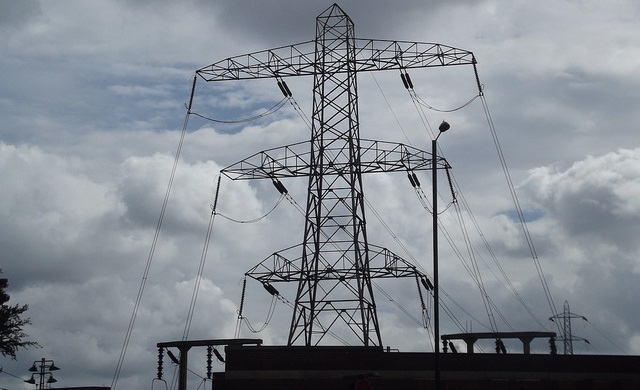Ofgem, the energy regulator will permit firms running the UK’s electricity and gas grids to add an average £12 to annual energy bills up until 2020, to pay for upgrades and maintenance. The proposals are part of plans to radically overhaul Britain’s ageing energy infrastructure over the next eight years, as set out in its energy security review Project Discovery.

Ofgem’s chairman Lord Mogg said “This provides a framework of strong incentives and penalties to stimulate the innovative and efficient operations of Britain’s energy companies”. The majority of the money, up to £15.5bn, would be used to upgrade and renew the high voltage electricity network in England and Wales and the high pressure gas network across the UK, creating some 7,000 jobs.
Under today’s proposal, the average increase in annual bills between 2013 and 2021 will equal £12, starting close to £8 at the beginning of the period, and rising to £15.10 by the end.
However, over half of the £12 bill increase was not due to physical investment in the network, but was instead because of a change in accounting rules which would mean that energy firms could no longer claim back tax on the cost of replacing parts of the network.
The UK largest energy firm, National Grid, said it was reviewing the plans. It has previously criticised Ofgem’s restrictions on its spending plans. If National Grid does choose to challenge Ofgem’s decision, it has until March to refer the matter to the Competition Commission. A National Grid spokesperson told ADVFN Financial News “The final proposals are a lengthy and complex set of documents which cover our electricity and gas transmission businesses as well as our four gas distribution networks. We will be spending the next few months on analysis before deciding on our course of action. This will be communicated to Ofgem no later than early March 2013”.
Campaign groups had urged the government for decisive action. Derek Lickorish, chairman of the Fuel Poverty Advisory Group, said “Millions are living in misery due to high energy bills. Yet time is running out for the government to fuel poverty-proof the homes of those on the lowest incomes”.




 Hot Features
Hot Features










